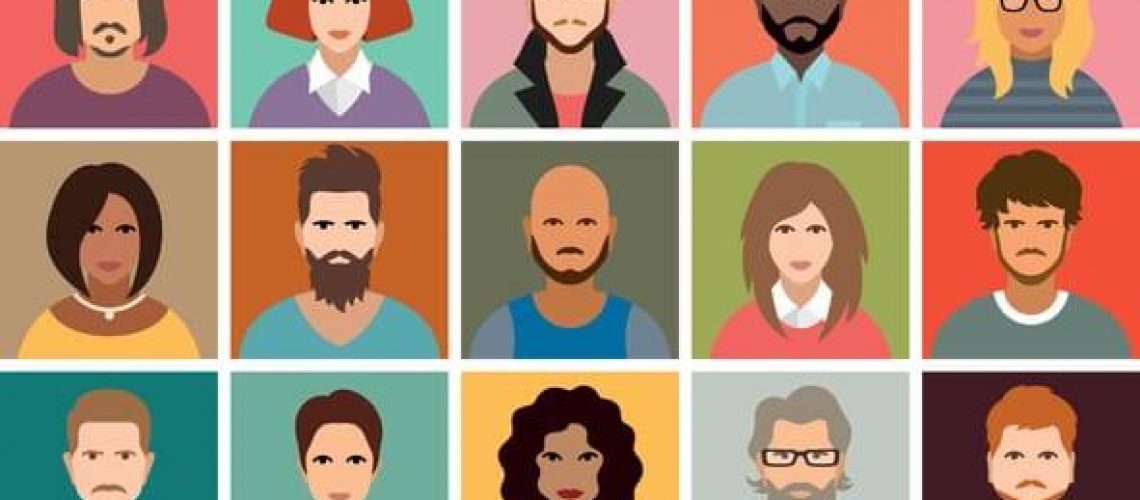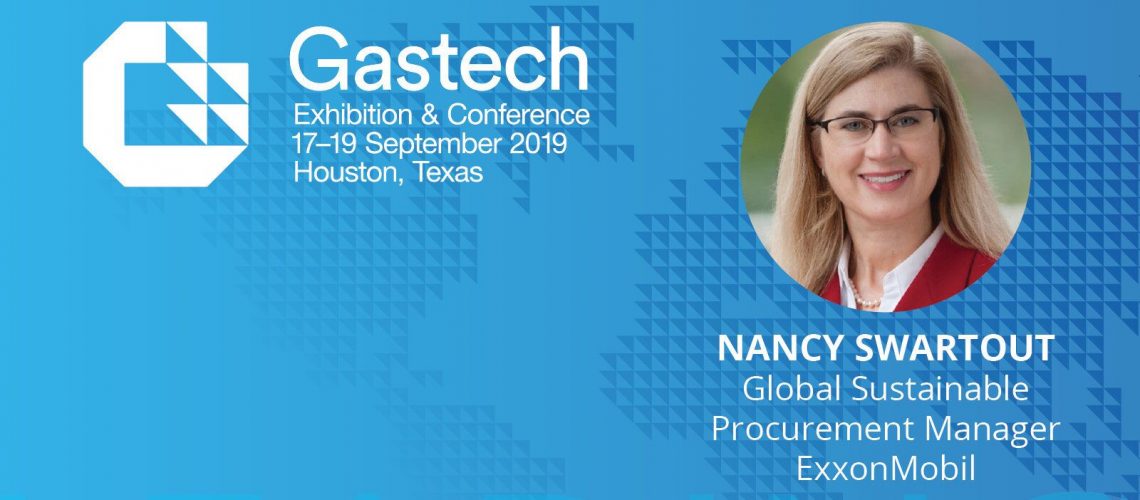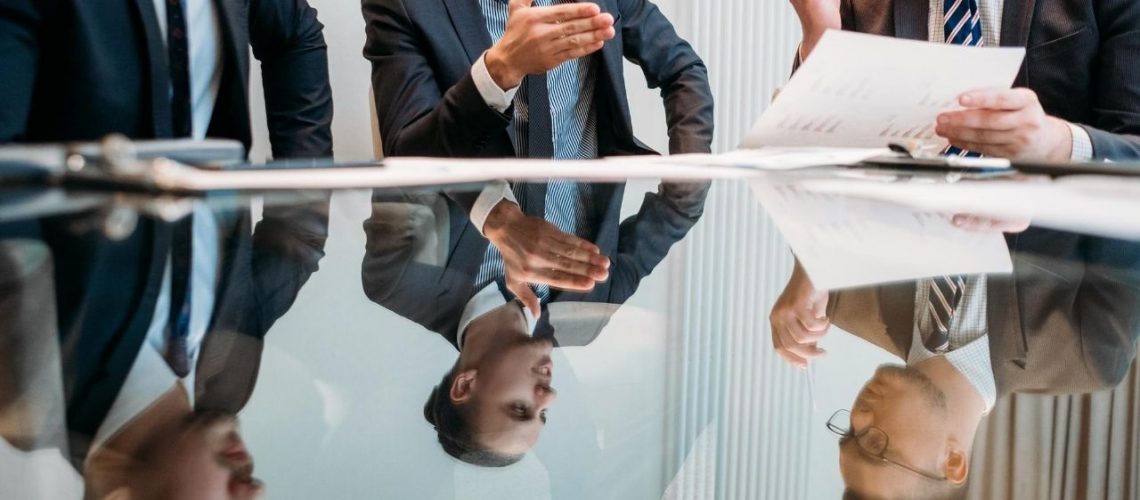Soledad O'Brien will be one of the keynote speakers at this week's KPMG Global Energy Conference! We'll be there; join the conversation on the network and on social media using the hashtag #KPMGGEC.
We got to chat with Soledad ahead of the conference- check it out below!
Soledad O’Brien is a household name in TV news, even though she left her full-time role with CNN back in 2013.
Perhaps it’s because she covered the stories that have defined the past two decades — Hurricane Katrina, the earthquake in Haiti — and done it really, really well.
But also it’s the fact that, although Soledad left a full-time network job, she hasn’t gone away. She founded the multiplatform media production and distribution company Starfish Media Group after her split with CNN and has been digging deep into the systemic, divisive, and critical issues our country is facing.
“People would say, ‘We’re not really interested in poverty. We don’t care about it.’ That’s a quote, by the way,” Soledad says. “There were just a bunch of stories that I wanted to tell.”
Soledad will be one of the keynote speakers at KPMG’s Global Energy Conference, June 6 – 7, in Houston. It’s part of the work Soledad does talking diversity and change at organizations and conferences across the country, and it’s another example of KPMG, one of our valued sponsors, championing the diversity of thought and perspective as we enter a new future for energy.
Pink Petro got the chance to chat with Soledad for a wide-ranging, candid, occasionally expletive-infused conversation about everything from entrepreneurship to #MeToo to Monica Lewinski. Below are excerpts from that conversation (lightly edited for brevity and clarity).
PINK PETRO: You have done a lot of work around diversity. What has that shown you about the state of diversity in America?
SOLEDAD: I have really seen the conversations about diversity change tremendously. They’ve moved out of, ‘It’s good to do,’ to, ‘We cannot afford to constantly be replacing our team.’
‘Morally good to do’ always dies a fast death. It really has to be, ‘We rely on this strategy to be successful as an organization.’ Then you’re going to be staying forever because you’re part of a corporate vision.
Recently, I was at this investment bank’s diversity conference. And they were telling me, ‘We need all the smart women to pick us first. How do we get those women?' This is not a, ‘Wink, wink, we’ve got to do this women’s conference because it will make us look good.’ It’s, ‘We actually need women, and we need to make sure they succeed, and we need to figure out why they aren’t coming to us.’ Ten years ago, 15 years ago, it would have been, ‘It’s a good thing to do.’ That’s not the conversation anymore.
Women and millennials will leave you. And someone else will take them.
PP: There’s a lot going on specifically around women in this country, with the #MeToo movement, etc. What excites you about what you’re seeing for women?
SO: Back in the day, it was, ‘Everybody knows but nobody really does anything about it.’ And now it’s, ‘Wow, this can derail your organization.’
I think we’re at the stage — and sometimes it’s the trickiest stage, right? — where people are having these honest, sometimes painful conversations. You really can’t get anywhere without that.
PP: Why did you make the switch from journalist to entrepreneur?
I was working with a boss, and his vision didn’t match mine. Ultimately, I was very grateful. I think it’s always bad to stay in a place where they don’t share the vision of you and your success.
And it gave me a good opportunity to go and do the things I had thought about doing.
PP: What has the entrepreneurial experience taught you?
SO: You’re crazy if you don’t turn to other people for advice. Why would you not? We all have a list of these ridiculously awful mistakes we’ve made. Why wouldn’t you go to coffee with someone and ask, ‘What are the 10 things you did wrong?’
It took about a year and a half to really get the business going, to feel like I was really the CEO, before it didn’t feel like I was learning something new every day. I don’t like to learn something every day (laughs).
I didn’t have a lot of training. I didn’t have an accounting background. I hadn’t done budgets. I didn’t work in HR. I hadn’t hired people.
I think the best feeling, though, is becoming good at other stuff. I wouldn’t have told you that I could structure a deal well, but I can. That’s been exciting, in my early 50s, to be coming up with new skills and abilities that are certainly important to how our company works.
PP: What are you looking forward to at the KPMG Global Energy Conference?
SO: For me these conferences, they’re really not lectures about energy, right? They’re conversations about how to think about the role of women — and opportunities. I always find them so relevant and fascinating because I get exposed to a lot and I learn a lot.
PP: Do you ever have moments when you regret leaving TV news?
SO: The first week there were a few breaking stories, and it was weird to not be assigned to jump on a plane and go.
So for just a moment, I would say, ‘I wish I was jumping on a plane to go cover this breaking story.’ Now that you watch all the cable stations, and it’s nonstop with these massive panels, that just looks like a pain to me.
Morning television is exhausting, and there is something nice about making decisions about what you spend your time on and what you don’t, and making decisions about who’s in your space and who’s not.
PP: Do you have a favorite, standout interview?
SO: It depends. The interviews I did during Hurricane Katrina were amazing. Jim Carrey is hilarious. I like interviewing people who are going through a transition.
I’m always interested in, ‘You’re in the middle of this transition. How does it feel? What’s working? What’s not?’ They’re only really fun if you can dig into something about them.
Do you know who would be interesting? Monica Lewinski. I follow her on Twitter, and I think she’s just fascinating. At the time she was making news, it wasn’t thoughtful, slowed down coverage. She’d be interesting to sit down with and have a wide-ranging conversation.




